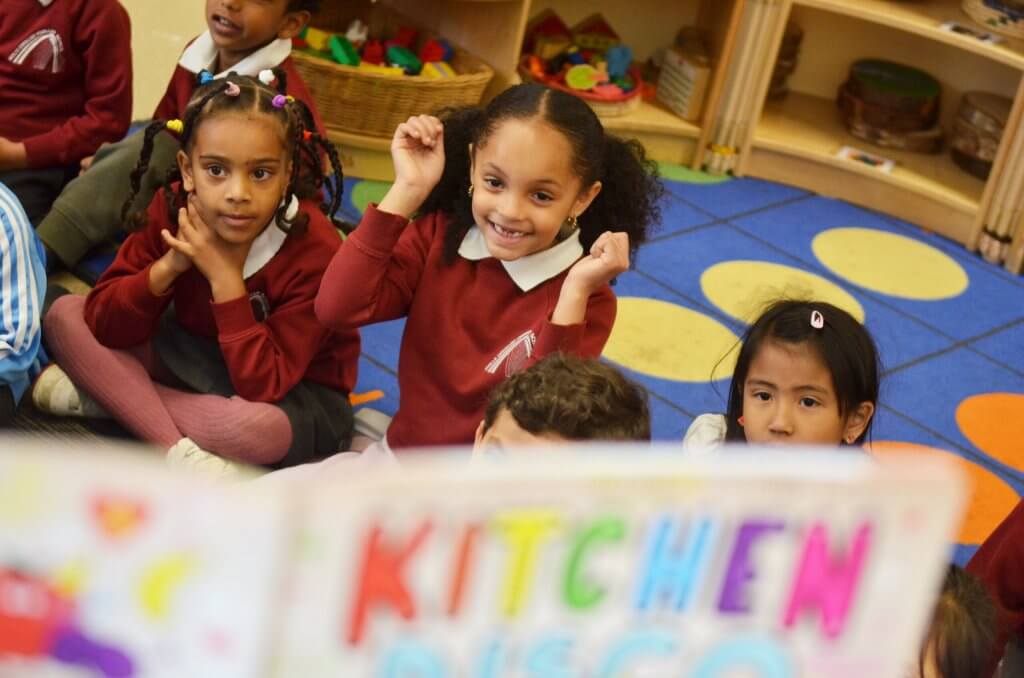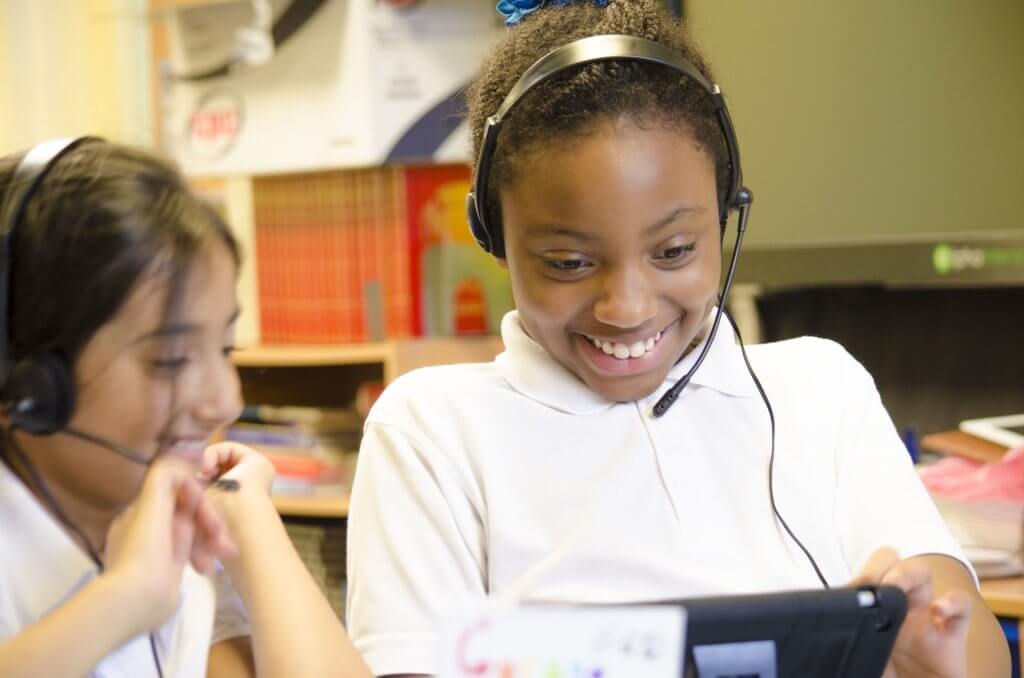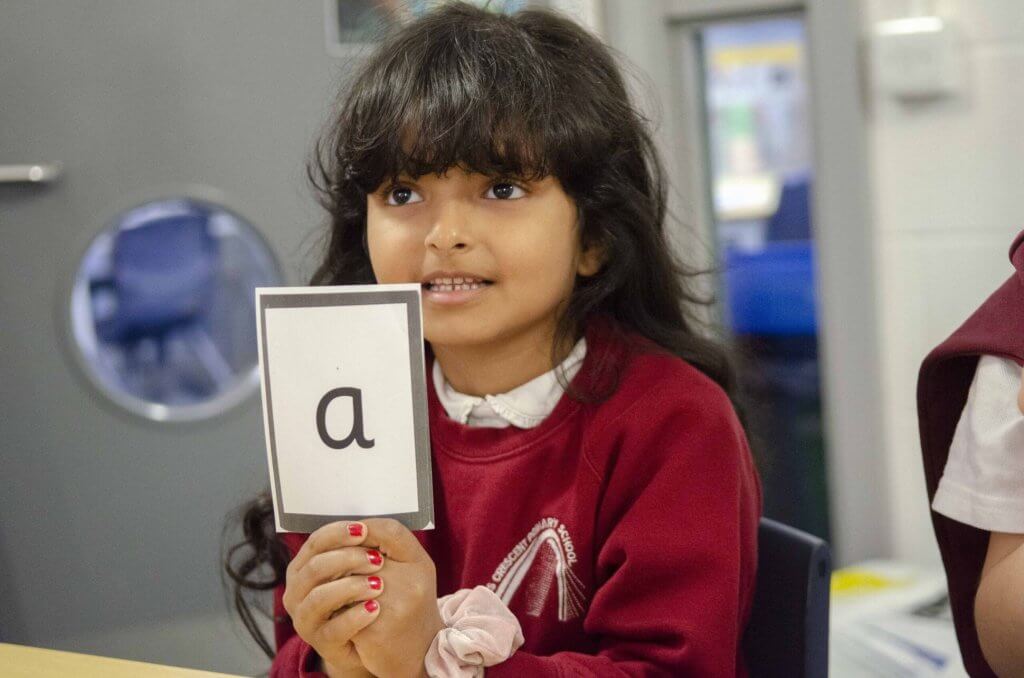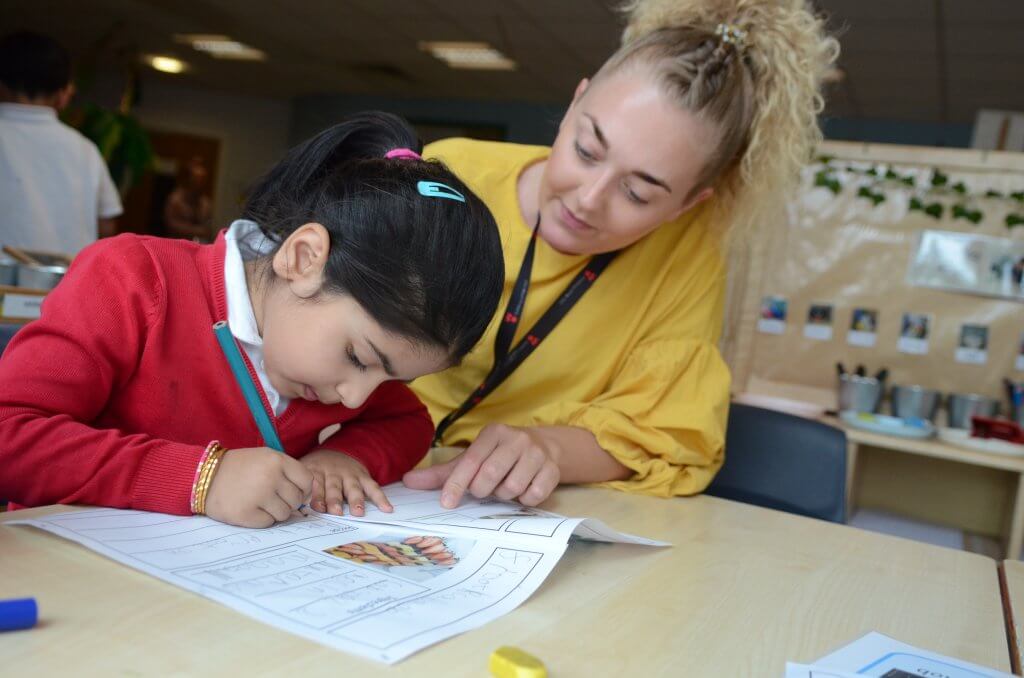Majority of excluded pupils fail GCSE English and maths
Children’s charity Chance UK has published a new report outlining the long-term negative impact of exclusion in primary school. The report shows that more than 90% of children who are excluded at primary schools and 77% of those who are suspended do not go on to achieve a Grade 4 or above in GCSE English and maths.
The study included data from 3.2 million pupils in England, of whom 4,687 were permanently excluded and 74,306 were suspended. Researchers found that certain groups of children were affected by exclusions significantly more than others. At 97%, almost all children excluded at primary school had a special educational need or disability (SEND). Two-thirds of pupils with an exclusion or suspension in primary school had also been on free school meals.
Chance UK states that exclusions ‘start a devastating never-ending cycle of difficulties for the child.’ By Year 10, 64% of pupils who had been excluded in primary school were persistently absent. Only a quarter completed Key Stage 4 in a mainstream school. To prevent these long-term effects, the charity calls for early intervention as soon as children show signs of needing support. They also argue that school staff and trainee teachers should receive regular statutory training on best practice to reduce exclusions. Further, they recommend individual support plans for children who have been excluded or suspended to reduce the risk of future exclusion.
★ Our Creative Psychotherapy in Education team can deliver therapeutic interventions to support children with challenging emotional needs, sharing strategies to build resilience, improve attendance, and promote positive behaviour.
We’re also proud to share the Inclusion Toolkit, a one-stop hub of resources and support services to promote inclusion in school. Download your copy for free here.
A third of parents say school cuts have a negative impact on education
Analysis by the Schools Cuts campaign shows that schools have seen their budgets effectively cut by more than £12 billion since 2010. According to a new survey commissioned by Parentkind, two-thirds of parents have noticed a big impact on schools as a result. Almost one-third felt it has had a negative effect on their children’s education.
1,000 parents were asked to give their views on school funding and public spending priorities. Findings show that 46% of parents believe the Chancellor’s announcement of a £3 billion increase in school funding is not enough. Over two-thirds would support spending an extra £12 billion on schools to take budgets back to 2010 levels, even if this meant spending less on other areas.
To raise the additional money for schools, 73% would support a windfall tax. Around two-thirds would support increasing the rate of Income Tax or a one-off “millionaires” wealth tax. CEO of Parentkind, Jason Elsom, warns that ‘as we approach a General Election, parents will want to see plans for returning school budgets to 2010 levels.’
No Progress 8 scores for the next two years
This week, the Department for Education (DfE) confirmed that there will be no Progress 8 measure for the next two years due to the lack of SATs data during the pandemic. The Progress 8 Benchmark is used to show the progress a school’s pupils have made between primary school and the end of GCSEs. However, tests were cancelled for Year 6 pupils between 2019 and 2021 due to Covid 19, which means there is no prior Key Stage 2 attainment data to use as a baseline for Progress 8 calculations. The DfE said it explored alternative options for producing a progress measure, but concluded there will be no replacement.
Tom Middlehurst, qualifications specialist at the Association of School and College Leaders (ASCL), welcomes the decision though he says it is ‘far from ideal.’ The DfE confirmed that other performance measures, including Attainment 8, English Baccalaureate (EBacc) entry, EBacc attainment and destinations, will still be published alongside the latest Progress 8 available, which will be this summer’s results.
Middlehurst warns that the decision to keep historical Progress 8 data on the schools’ and colleges’ performance websites will be unpopular with schools whose progress is improving. Moreover, he says this is a missed opportunity to rethink performance tables, and ‘once again highlights why current accountability metrics should be reformed to cover a wider range of information which tells parents more about a school than just exam results.’ Progress 8 measures are set to return in 2026-27.
—
As you prepare for end-of-year exams, transitions and school leavers’ events, One Education is here to help you make the most of the final term and set the stage for a fresh start in the next academic year.
Please get in touch to find out how we can support your school.
Please complete the form below and we will get in contact as soon as we can to help you with your query.












